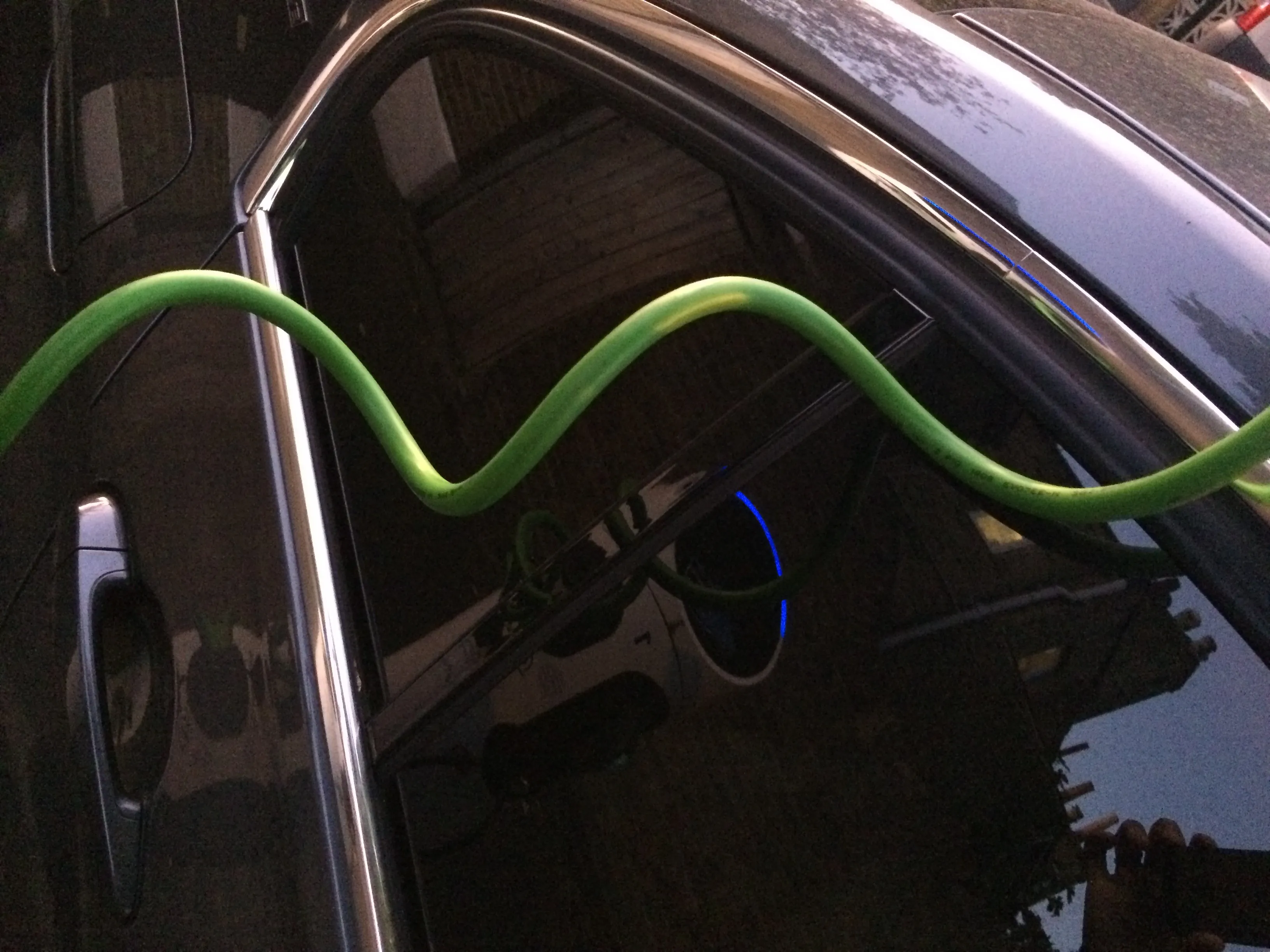
A newly-formed joint venture is to roll out on-street residential electric vehicle (EV) charging points in the UK.
Liberty Charge, formed by Liberty Global Ventures and Zouk Capital, will use Virgin Media’s connectivity network to provide what it calls ‘under-the-pavement’ power to develop EV infrastructure.
Zouk is the manager of the Charging Infrastructure Investment Fund (CIIF), which the UK government formed to help develop public charging infrastructure points for EVs as part of its commitment to reducing net carbon emissions to zero by 2050.
At present, it is estimated that more than 40% of urban vehicle owners do not have access to a driveway they could use to charge an EV.
Liberty Global is also behind the Virgin Media Park and Charge project, which aims to deploy 1,200 charging sockets in towns and cities across the country by early 2021.
Neil Isaacson, who has been leading Liberty Charge’s market development activities, has been appointed CEO of the venture.
“This investment from Zouk reinforces our belief that there is significant value in leveraging Virgin Media’s wide-ranging infrastructure and connectivity capabilities into new and fast-growing sectors such as eMobility and energy," says Jason Simpson, Liberty Global's vice president, global energy and utilities.
Massimo Resta, partner at Zouk, said: “CIIF’s central objective is to scale open-access, public EV charging networks for the UK consumer and this is exactly what Liberty Charge will achieve for the thousands of car owners, who do not have access to off street parking."










